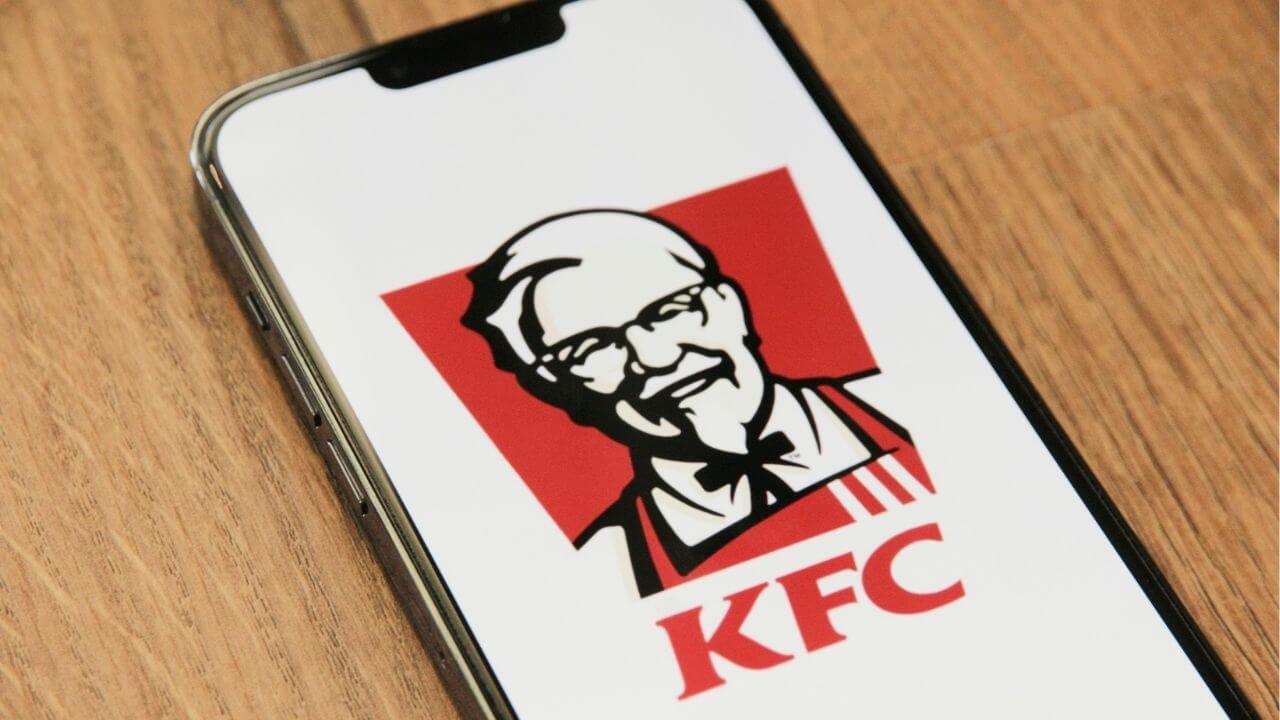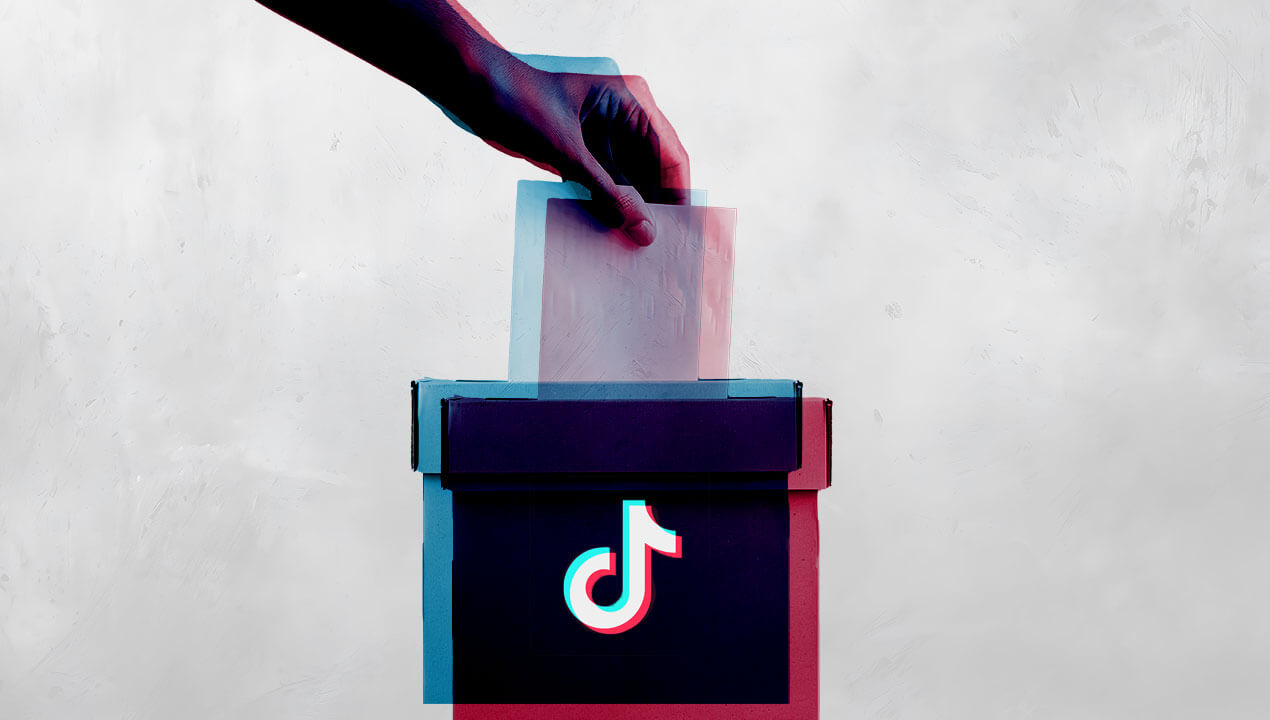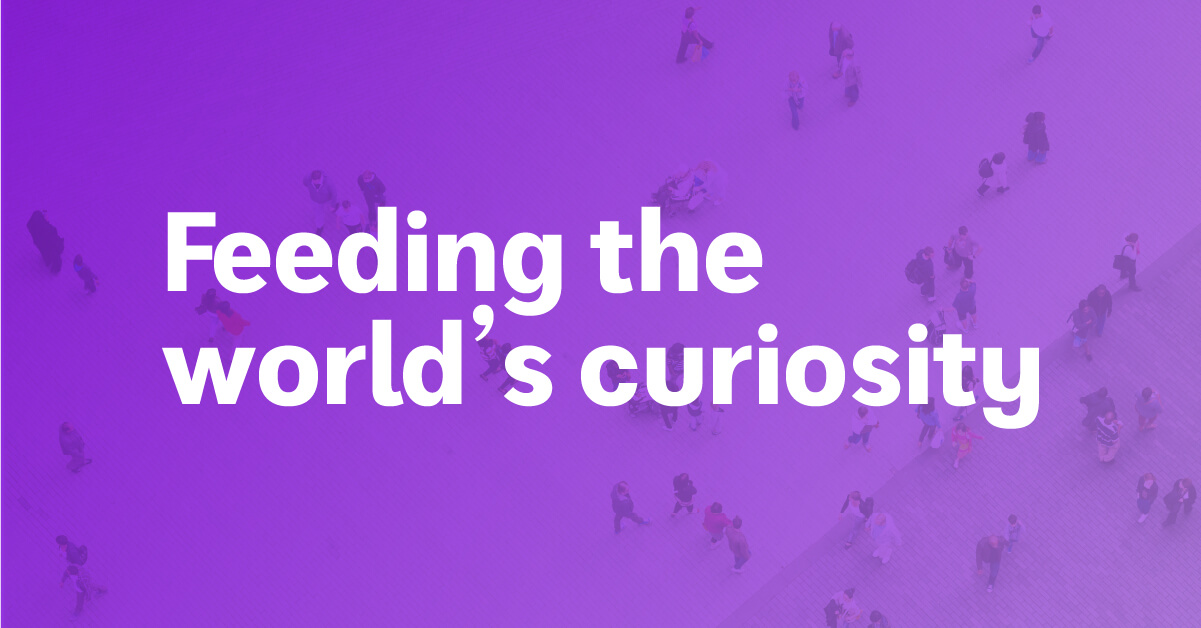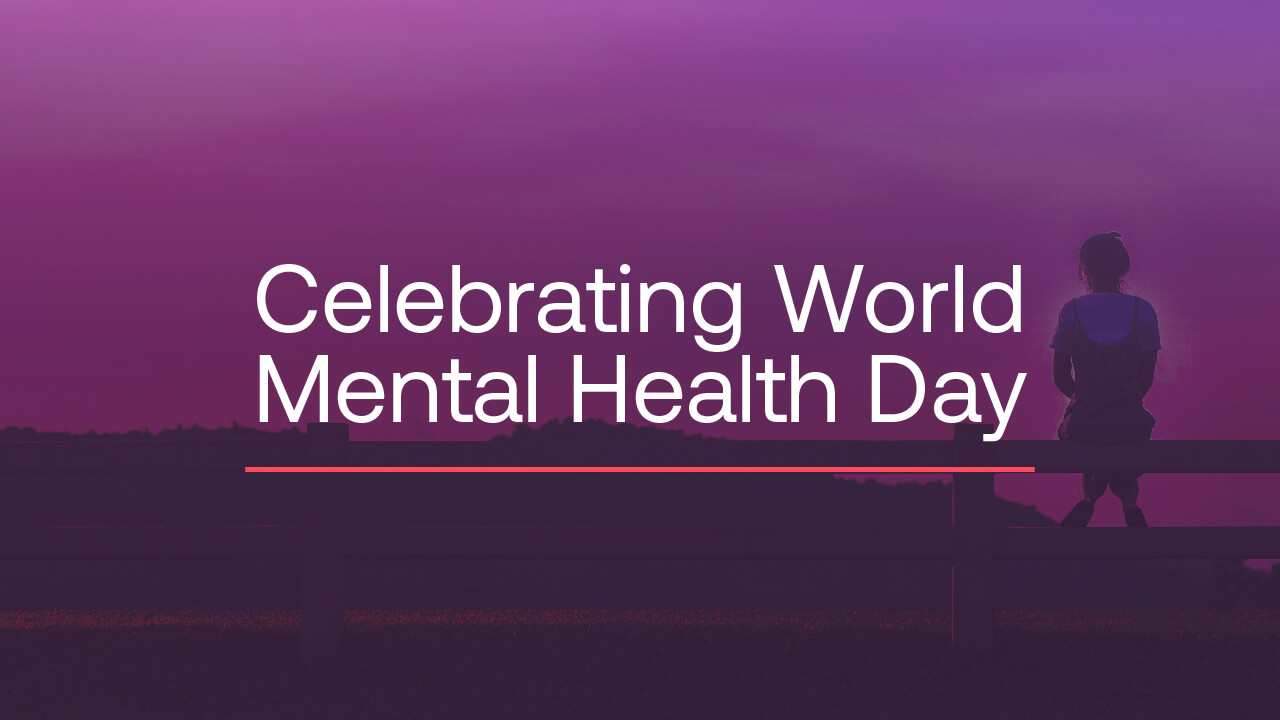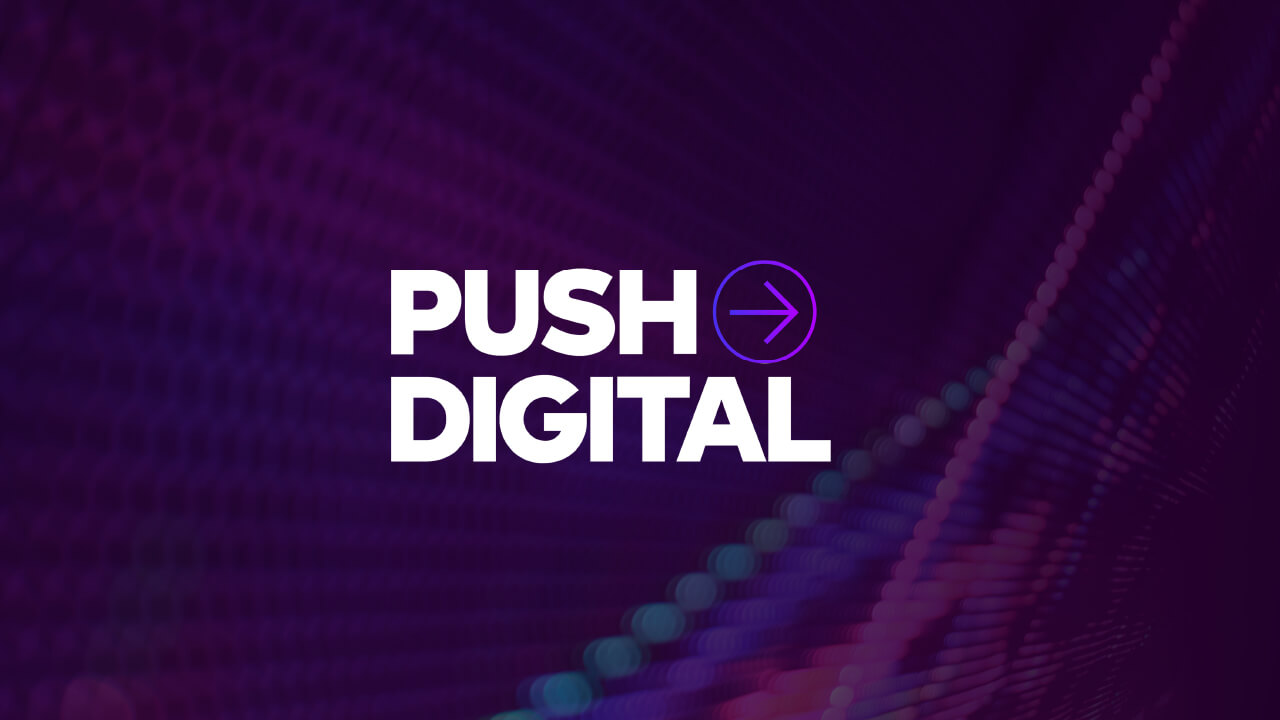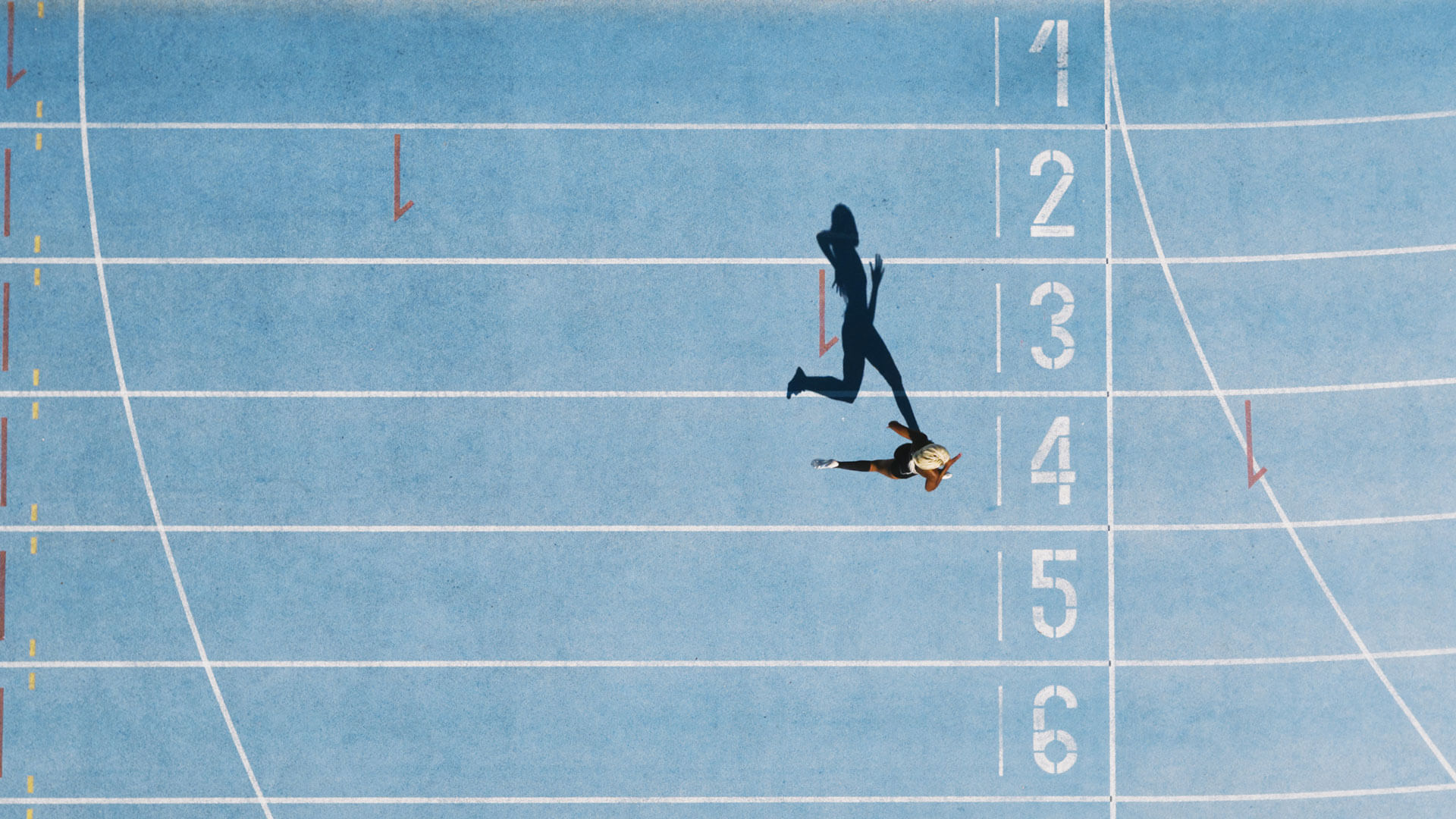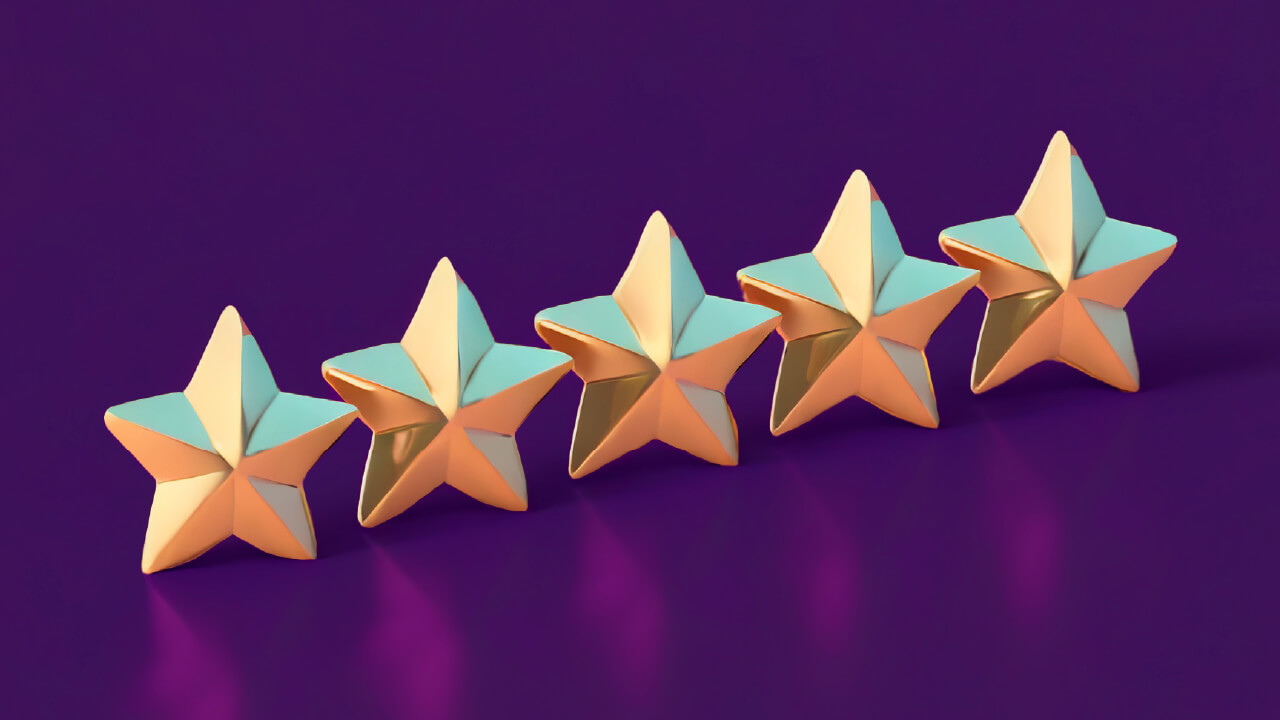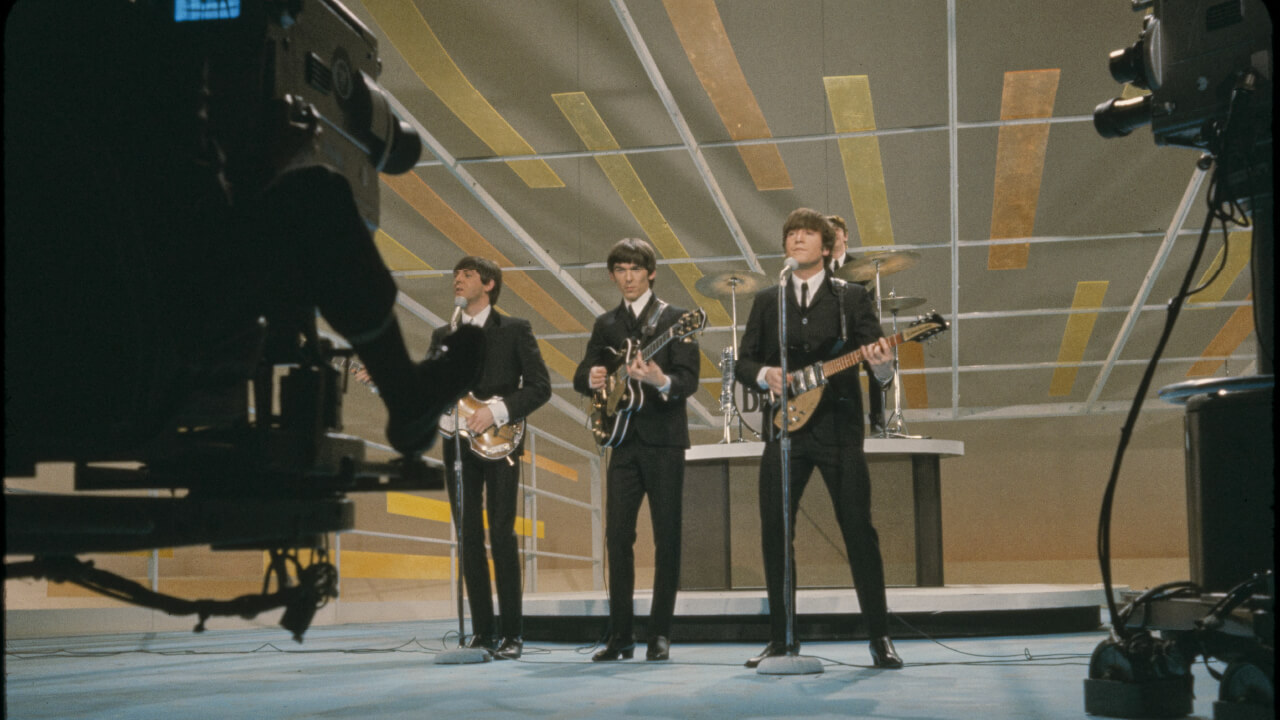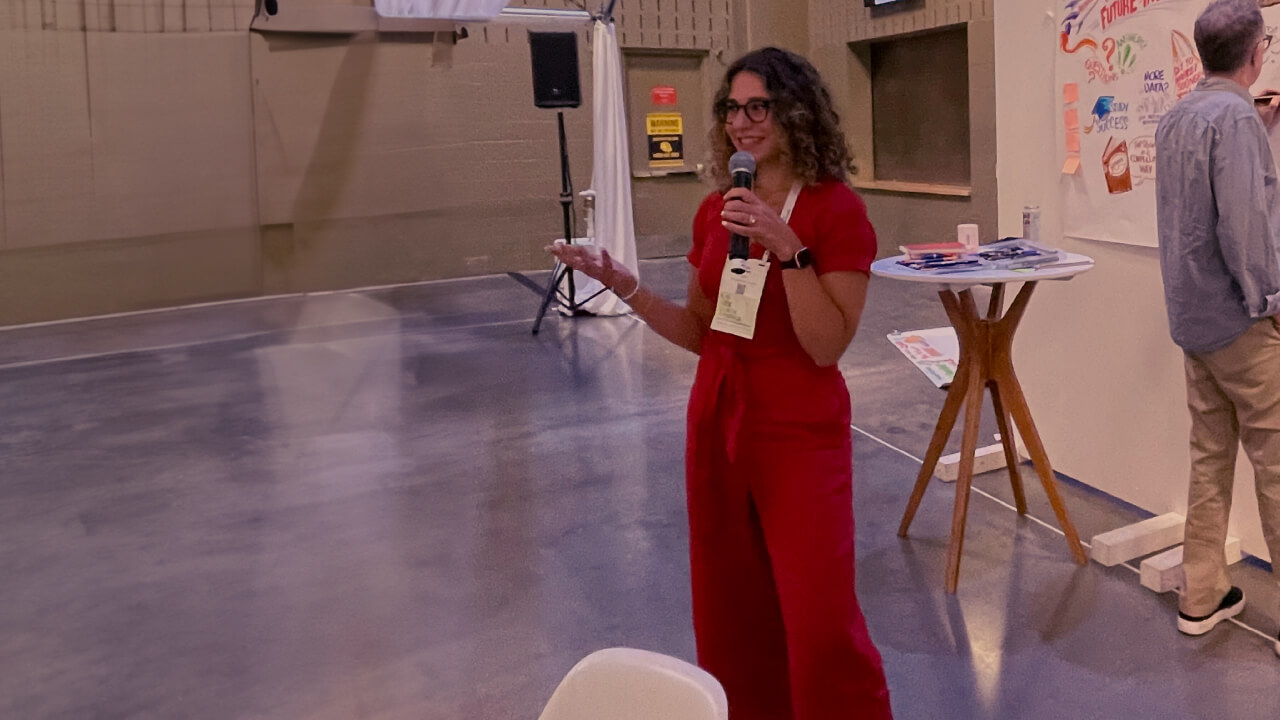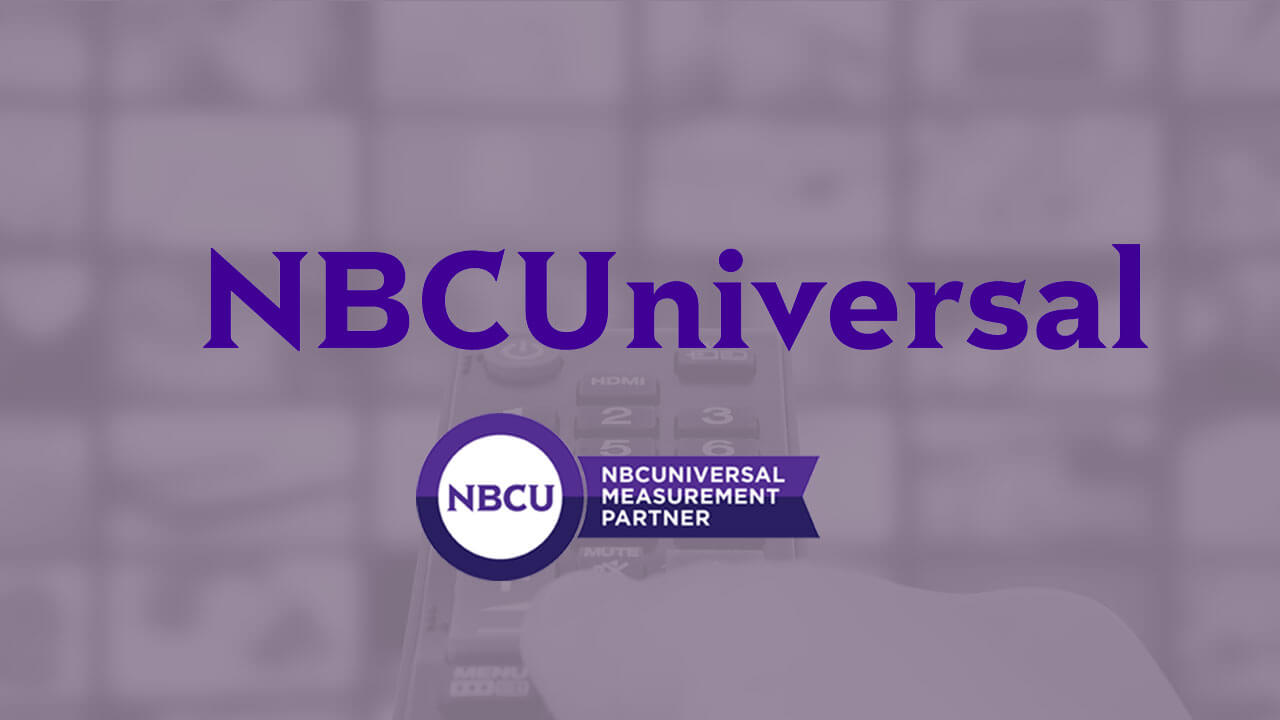Turn the page
Reading might be seen as a noble pursuit — especially in an age where the lure of the screen has never been stronger — but are people actually hunkering down with a book after a long day at work? Happily for authors (and literary agents and publishers and publicists) everywhere, Cint found that nearly 60% of those surveyed pick up a book and read either several times a week (30%) or every single day (27%). Just 14% of Cint’s UK audience eschew books entirely, while nearly a third (29%) find themselves settling down to read a few times a month.
Just 14% of Cint’s UK audience eschew books entirely, while nearly a third (29%) find themselves settling down to read a few times a month.
Let’s get physical
Given that there’s a book for quite literally everything, however niche, (Knitting With Dog Hair: Better a Sweater from a Dog You Know and Love Than from a Sheep You’ll Never Meet, anyone?) what do people reach for when they want to power through a few chapters on the train to work or before going to bed? Of those questioned by Cint, four in ten demonstrated a preference for works of fiction, with 16% tending to opt for non-fiction. Things aren’t always so black and white when it comes to plucking something from the to-read pile: 30% of respondents like to mix up their reading habits. Whatever our audience is reading, they like to keep things physical. E-readers like Amazon’s Kindle or Rakuten’s Kobo might be lifesavers when it comes to stuffing a tonne of virtual books in your suitcase or overnight bag, but just 14% of those questioned feel inclined to opt for eBooks. This is in comparison to the majority (52%) of respondents who’d always gravitate towards a paper or hardback book. In the same way that they might switch up what they read, 36% of those surveyed are happy to switch up how they do it.Something new, something borrowed?
Picture the scene. You’ve just finished that brilliant novel your friends have been banging on about for weeks and you’re excited to get something off the Booker list that you’ve heard is meant to be fantastic. Where are you heading to buy it? If you’re anything like 53% of those surveyed by Cint you’ll tend to buy brand new books. Maybe you like the unblemished pages or the pristine spines or negating the possible lingering scent of cigarettes clouding your reading experience. On the other hand, 27% of bargain-loving respondents prefer making a pilgrimage to their local charity shops (or online marketplaces) to purchase a cut-price paperback or two.
Our survey doesn’t quite make for quite as pleasant reading for the nation’s librarians — only 13% of Brits indicated that visiting their local library is their preferred method of procuring reading material.
On the other hand, 27% of bargain-loving respondents prefer making a pilgrimage to their local charity shops (or online marketplaces) to purchase a cut-price paperback or two.
Our survey doesn’t quite make for quite as pleasant reading for the nation’s librarians — only 13% of Brits indicated that visiting their local library is their preferred method of procuring reading material.
Does the Booker matter?
If our survey is anything to go by, the Booker team can rest easy knowing that their efforts haven’t gone unnoticed: Nearly three quarters of respondents (76%) said that they’d heard of the prize. Prizes like the Booker might have the power to turn a relatively little known author into a household name overnight, but does seeing a ‘Shortlisted’ sticker slapped on the front cover of a paperback actually persuade the average consumer to put their hand in their pockets? Just over half those surveyed noted that a book being shortlisted for a literary prize would make them somewhat (32%) or very likely to go out and purchase said title. Around a quarter of respondents (28%) felt completely neutral about the whole thing, while 16% were very or somewhat unlikely to be swayed. Has the Booker Prize longlist sent you running to your nearest bookshop? Join the conversation on the Cint LinkedIn page.
Has the Booker Prize longlist sent you running to your nearest bookshop? Join the conversation on the Cint LinkedIn page.


















